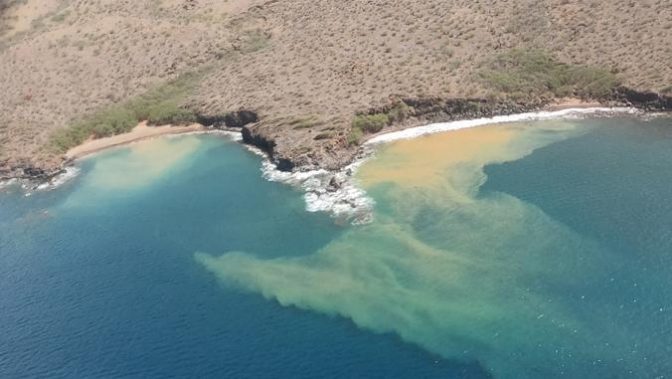By Staff Reports
(Hawaii)– Although much remains unknown about the origin of the COVID-19 pandemic, it likely involved the spillover of a coronavirus from a bat or another species to humans. Diseases such as COVID-19 exemplify how human health and animal health are often linked.
A new University of Hawai‘i at Mānoa undergraduate public health course, called “Introduction to One Health,” aims to teach students about the myriad animal-human-environment interactions occurring globally as well as in Hawaiʻi, that could adversely affect the health of humans and the planet now and into the future.
“In the future, global citizens will need to understand the connections between animal health, human health and climate change,” said Catherine Pirkle, an associate professor with the Office of Public Health Studies (OPHS), who teaches the course. “This course aims to give students the knowledge they will need to help address the complex challenges facing our world.”
Critical connections
Ministries of health and numerous public health organizations, including the World Health Organization and the Centers for Disease Control and Prevention, recognize the importance of the one health concept. Typically, one health courses integrate lessons from veterinary medicine, public health, health policy, biology, ecology, climatology and sociology.
UH students enrolled in the course will complete broadly themed modules. In a module on water sources and contamination, students learn how lead in drinking water in Flint, Mich., has impacted children’s health, and how Hawaiian monk seals develop infections from contaminated wastewater entering the Pacific. In a module on fossil fuels, class activities cover the impacts of global warming and rising seas on coastal indigenous people, as well as coral bleaching events.
“The goal is for students to learn to see the connections between all of these disparate impacts, and also learn about the critical policy decisions behind the events that are changing our environment,” Pirkle said. The course is taught asynchronously, meaning that students can work at their own pace to complete the assignments by the deadlines but still engage in group discussions via the course’s forum.
Regional relevancy
The topics covered are particularly relevant to Hawaiʻi and the Pacific region. This course is an integral part of an interdisciplinary, inter-departmental collaboration to support undergraduate engagement in one health concepts in research and training funded by a recent competition. This project brings together strengths from the OPHS, John A. Burns School of Medicine (JABSOM), College of Tropical Agriculture and Human Resources and the School of Ocean and Earth Science and Technology.
“The vast majority of emerging infectious diseases are zoonotic, meaning they start with the transmission of a microbe from animals to humans,” said Richard Yanagihara, a professor of pediatrics at JABSOM and the lead of the inter-departmental collaboration.
“Human encroachment on animal habitats and human consumption of wild animals contribute to the emergence of infectious diseases,” Yanagihara said. “It is imperative to better understand the connectivity between humans, animals and the environment to develop more effective solutions to mitigate and prevent infectious diseases with epidemic potential.”
“These issues, and our collaborations, are becoming ever more urgent in the time of COVID-19,” said Tetine Sentell, the chair and director of OPHS. “We are excited about this course and to continue to work together to grow collaborative research and teaching in one health across the strengths of UH.”
The inaugural one health course is open to undergraduate and graduate students of any major, and the next course will be offered in 2021. Interested students may contact Pirkle at cmpirkle@hawaii.edu for more information.

